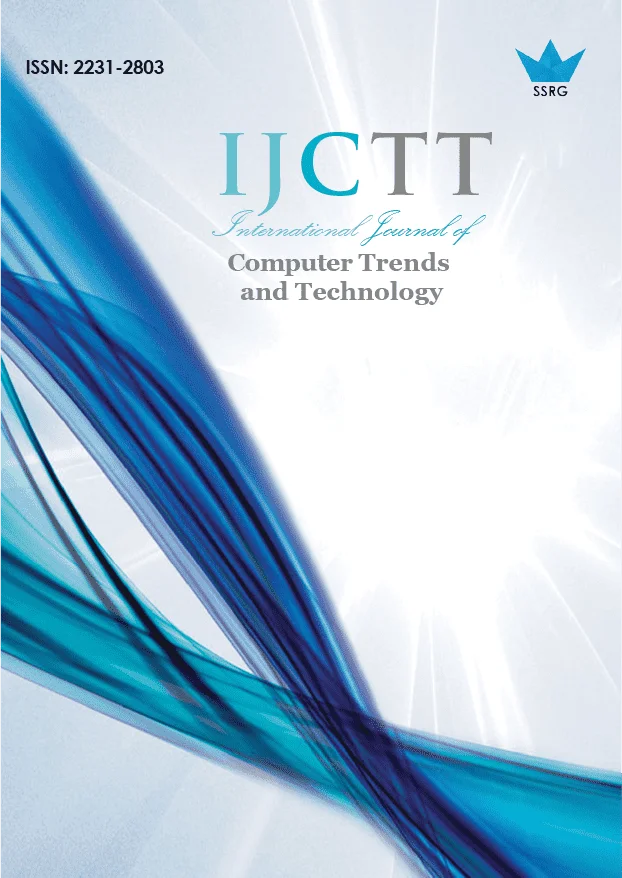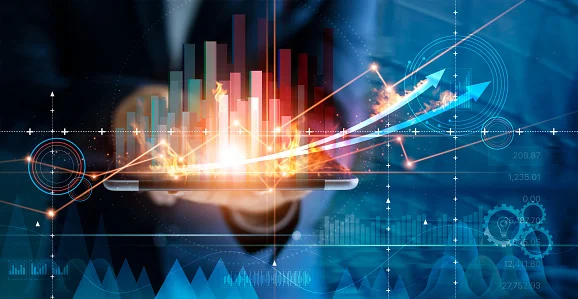International Journal of Computer
Trends and Technology
SSRG Journals
International Conference on Science, Humanities, Engineering, Medicine & Technology...
Aim and Scope

International Journal of Computer Trends and Technology (IJCTT) is a double-blind, peer-reviewed international journal that publishes original research, review articles, survey, and short communications in computer science and emerging fields in computer technology. International Journal of Computer Trends and Technologyseeks to motivate scholars to publish original, innovative, experimental, and theoretical research o ... Read More
| Journal Information | ||
|---|---|---|

|
||
| Chief Editor | - | Dr. Shivakumara Palaiahnakote |
| Frequency | - | 12 issues per year |
| Subject | - | Computer Trends and Technology |
| E-ISSN | - | 2231-2803 |
| Publisher | - | Seventh Sense Research Group® |
| Language | - | English |
| Journal Metrics | ||
|---|---|---|

|
||
| Acceptance Ratio | - | 11% |
| Submission to final decision | - | 7 Days |
| Acceptance to Publication | - | 10 Days |
| Cite Score | - | 1.0 |
| Country Coverage | - | 82 |


